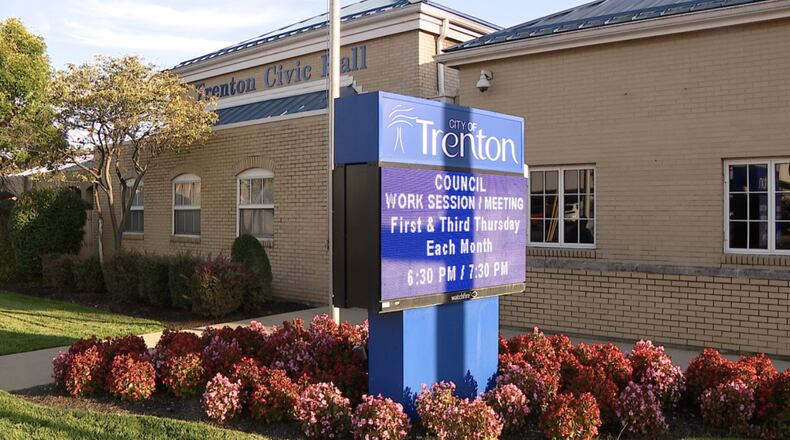He said the goal is to have defenses in place to keep an attacker at bay, limit access to sensitive information and ensure the city can restore operations as soon as possible after an attack occurs.
“It’s almost a changing world,” Perry said. “Cybersecurity is just as important now as physical security.”
Richard Harknett, a University of Cincinnati professor and director of the Center for Cyber Strategy and Policy, said things are happening on a broader scale in Southwest Ohio.
Many smaller towns or cities are seen as easy targets for criminal hackers or foreign state actors, he said.
“There’s an old adage, you know, when they ask the bank robber why he robbed the bank, he says ‘because that’s where the money is,’” Harknett said.
There are ways for municipalities to protect their data and servers, he said, including participation in a free class for local governments by the Ohio Cyber Range Institute called the Ohio Persistent Cyber Improvement for Local Government.
More than 100 municipalities have signed up for the course in the last six weeks compared to 31 that had taken the program in the first six months of its existence, Harknett said.
Harknett said that internet safety can no longer be viewed as a one-time fix for companies or governments.
“What we’re doing is getting past that 30-minute video they give you once a year. This is a persistent threat environment,” he said.
Because the council waived additional readings of the resolution and suspended the rules, Trenton’s security plan will be implemented as soon as possible.
About the Author
